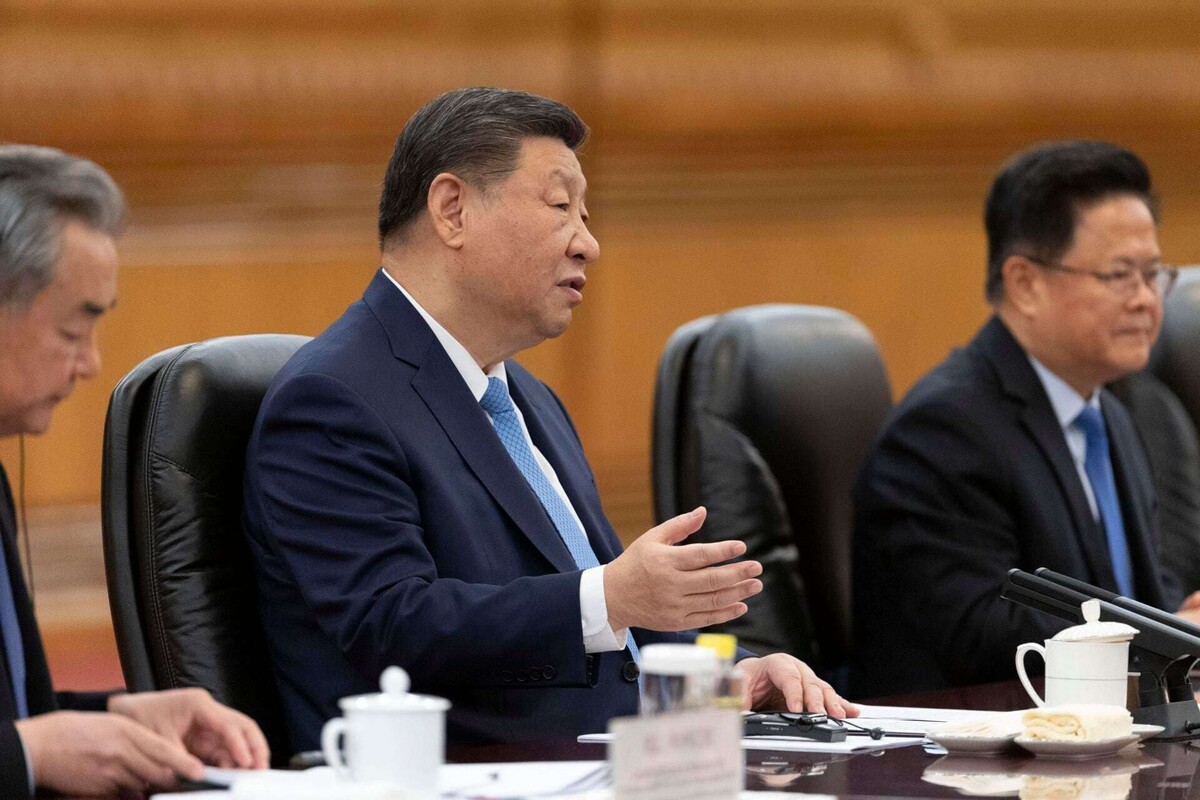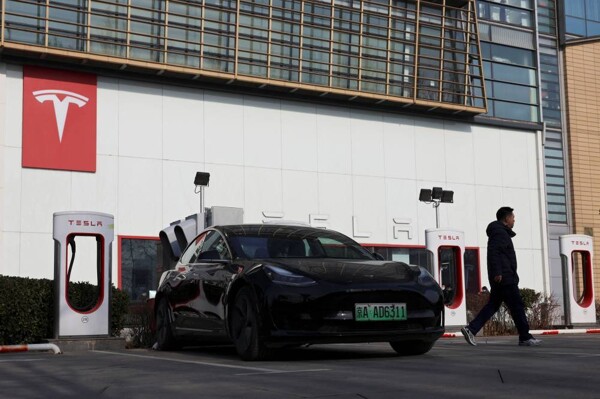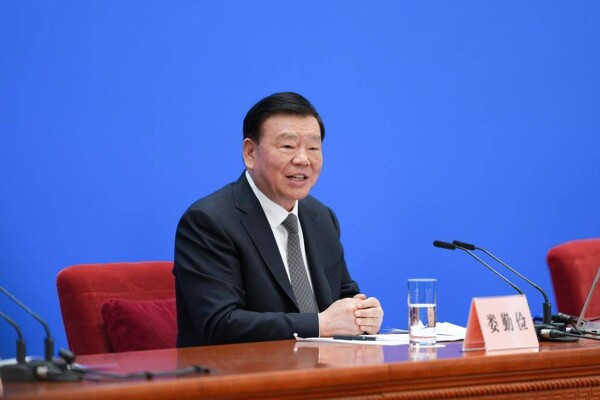
China has expressed its strong opposition to the United States' announcement to increase additional tariffs from 10% to 20% on Chinese products starting March 4. According to the Chinese Ministry of Commerce, this measure violates World Trade Organization rules and undermines the multilateral trading system.
The official statement from the Chinese Ministry of Commerce claims that China has implemented strict drug control policies and has actively collaborated with other countries, including the United States, in the fight against the trafficking of illicit substances. However, U.S. President Donald Trump has deemed China's efforts against fentanyl trafficking insufficient, leading to this escalation of trade tensions.
In response to U.S. tariffs, China had already imposed rates of 10 to 15% on certain U.S. products and had increased controls over exports of key minerals. Additionally, an investigation against the tech giant Google was launched as part of China's countermeasures.
This increase in tariffs is part of the trade tension that has arisen between the United States and China during Trump's administration. In his first presidency, Trump imposed tariffs totaling approximately 370 billion dollars annually on Chinese exports, triggering reciprocal responses from China. The rhetoric of blaming China for its own problems does not contribute to resolving the trade differences between both countries.














